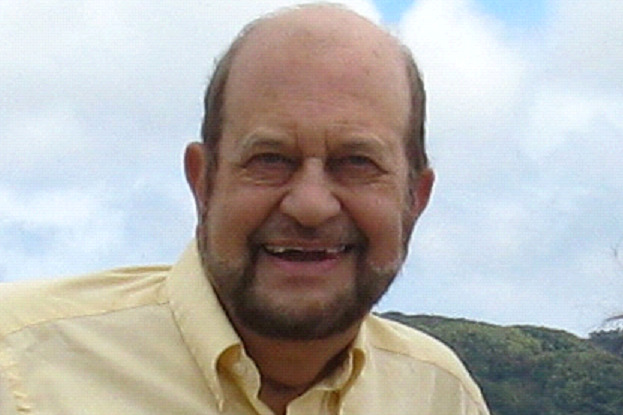There are occasional elections in which voters are not asked to decide very much — as in last March’s primary when the presidential votes were not close and it was hard to find other significant issues. Things are very different this fall.
Not only does the California ballot feature a unique presidential choice with a former prosecutor facing off against a convicted felon who’s also a former president, but control of the House of Representatives may hinge on several Congressional races here and the list of ballot propositions contains some that could create big changes for many people.
Voting has already begun, as mail-in ballots started hitting mailboxes around California last week. Plenty has been written here and elsewhere about the Congressional choices, in which some races involve Republicans who have won repeatedly in districts where Democrats held registration advantages.
This means efforts by both parties to get their constituents to actually vote could decide who will control policymaking in Congress for at least the next two years. Polls indicate California’s Senate race between Democrat Adam Schiff and Republican Steve Garvey is no real contest, with Schiff holding leads that average about 20% in almost every poll.
However, the statewide questions posed by 10 propositions provide fodder aplenty for voters to consider while marking their ballots. For some, the most controversial of these is Proposition 5, placed on the ballot by state legislators who want to make raising money for affordable housing projects and infrastructure like sewers and bridges easier for cities and counties.
Since 1978, it has taken a two-thirds majority vote of local voters to pass bonds for such projects, other than schools, which for more than 10 years have needed only a 55% majority to raise money for buildings and other causes.
Prop. 5 would lower the passage threshold to that same 55% for many nonschool projects, marking a fundamental change in 1978’s tax-limiting Prop. 13. This one is strongly opposed by the tax-fighting Howard Jarvis Taxpayers Association.
There’s also Prop. 6, another issue legislators placed on the ballot. It would end forced labor by convicts in prisons and jails. If it passes, prisons could no longer compel inmates — no matter what crimes they’ve committed — to work. Prisoners could not be penalized for refusing assignments.
Of course, inmates could still get credit toward earlier-than-normal release for work like serving on firefighting crews, but they would have to be paid much more than the current pennies per hour. That would mark a major change in prison life, giving convicts more choices and the chance at having even more empty time to while away than now.
Rent control is also back on the ballot, after voters twice earlier voted down statewide controls. Under Prop. 33, local governments would not need approval from their own voters to enact controls on residential property, not even on relatively new units built since 1995 that are now exempt from most rent control. The concept of “vacancy decontrol” of rents, letting them rise to market rates when tenants move out, would also disappear; local officials could keep controls in effect even when units are vacated.
Meanwhile, Prop. 34 goes after the tax exemption of the AIDS Healthcare Foundation, aiming to strip its nonprofit status. It would also let Medi-Cal negotiate many drug prescription prices for its clients, just as the federal Medicare system recently did with several drugs used nationwide, including insulin.
Prop. 32 would raise minimum wages statewide to $18 per hour starting Jan. 1, less than two months after Election Day.
There’s also the ballyhooed Prop. 36, which aims to make felony prosecutions easier to conduct against repeat shoplifters and thieves even if their take from any one episode does not exceed the $950 bottom limit on the value of stolen goods needed for felony processing.
At the very least, this all presents a ballot that should be fascinating enough to hold voter interest for the few minutes it takes to mark choices that might affect millions of lives for many years to come.
Email Thomas Elias at tdelias@aol.com, and read more of his columns online at californiafocus.net.
Originally Published: October 18, 2024 at 5:00 a.m.



















































